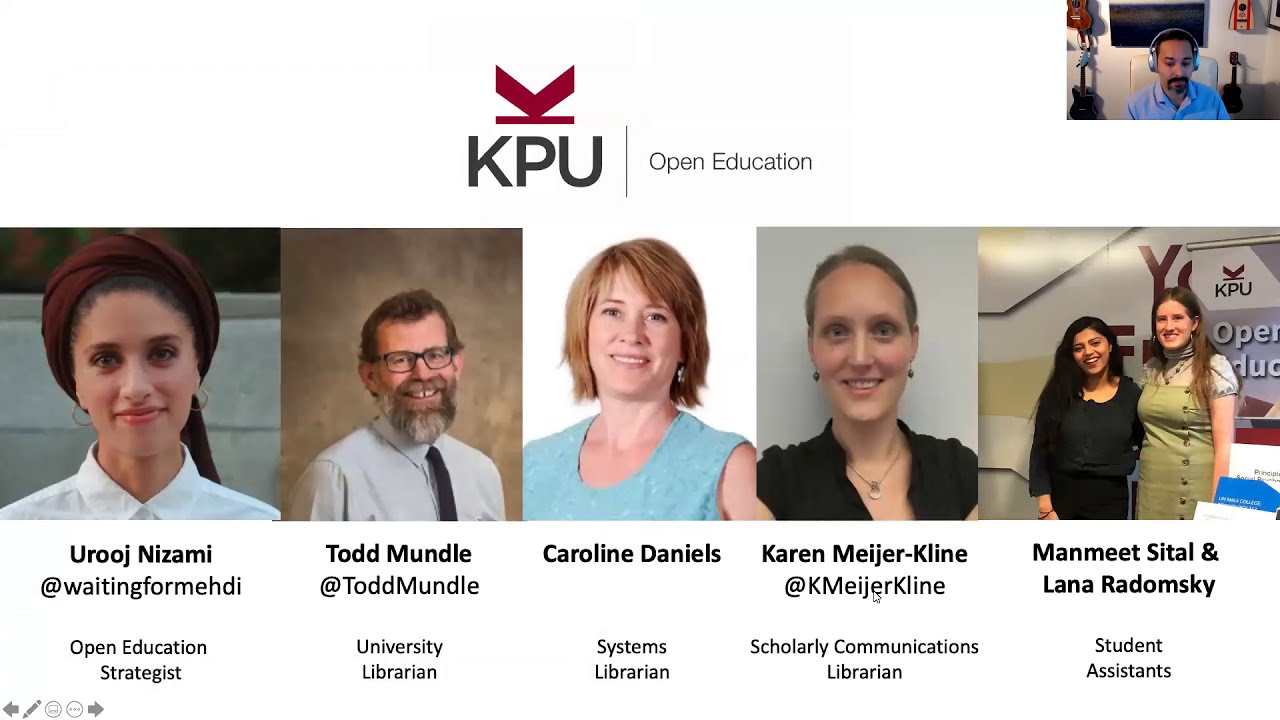Author: Rajiv Jhangiani
Institution: Kwantlen Polytechnic University
Country: Canada
Topic: Global Collaboration, Strategies, & Policies in Open Education
Sector: Higher Education
UNESCO Area of Focus: Building capacity
Session Format: Lightning Talk
Abstract
Kwantlen Polytechnic University leads Canada in its embrace of open educational practices. This includes supporting the creation, adaptation, and adoption of open textbooks and other open educational resources through grants and an open publishing suite (OPUS), training and support for a wide range of open pedagogies and open educational technologies (e.g., Pressbooks, H5P, Wordpress, etc.), and training and support for open education research. KPU’s zero textbook cost (ZTC) initiative currently encompasses nearly 800 courses and seven ZTC credentials, including the Bachelor of Arts degree in general studies. In just 3 years, this initiative has saved over 45,000 students over $5 million in textbook costs. KPU also actively collaborates with institutions across the world, including members of the OERu international network to build open online credit-bearing courses, Montgomery College (Maryland, USA) and Maricopa Community Colleges (Arizona, USA) for an Open Pedagogy Fellowship that focuses on the UN Sustainable Development Goals, and Keene State College (New Hampshire, USA) for a virtual Open Pedagogy Learning Community.Open education is woven through each of KPU’s strategic planning documents and is embedded within many of our policies (e.g., intellectual property), procedures (e.g., course development), and practices (e.g., textbook ordering). This lightning will draw on our experience and lessons learned to synthesize the 10 most effective strategies that have enabled us to build, grow, and scale our institutional support for open educational practices. These include creating new roles or redefining existing roles to manage open education projects, using a multi-faceted approach to open education advocacy, leveraging internal partnerships and actively seeking external collaborations, constituting a cross-functional open education working group, regularly conducting research to evaluate the multidimensional impact of open education initiatives, focusing limited resources on building local capacity, preferring sustainable, community-owned open source infrastructure, providing top-down (grasstops) supports while maintaining bottom-up (grassroots) ownership, and integrating open education strategic planning with broader institutional strategic planning.
Keywords
Strategies, Planning, Policies, Institutional support, Open educational practices
